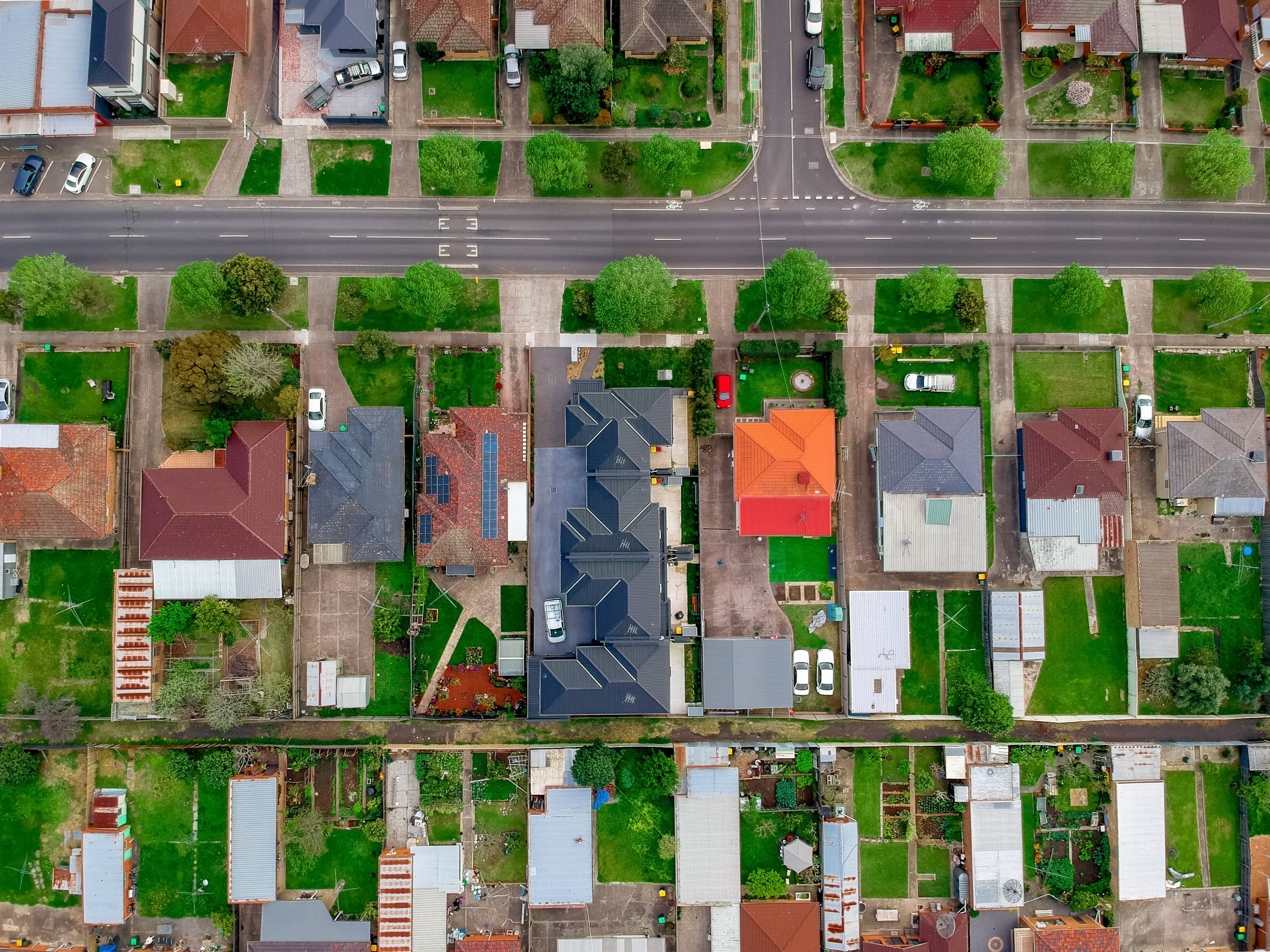
As environmental awareness continues to rise, the demand for energy-efficient and sustainable homes has surged, prompting a shift in the features that buyers now look for in their next home.
Eco-conscious buyers are actively seeking properties that align with their values and have cheaper energy costs. Sellers are responding by incorporating green features into upgrades. Here are five tips to consider:
- Energy efficiency upgrades: Boosting your home’s energy efficiency is a key step towards sustainability. Start by upgrading to Energy Star appliances such as stoves, ovens and dishwashers, which consume significantly less energy, resulting in lower utility bills. Replacing traditional incandescent bulbs with LEDs further cuts energy use by up to 80% and provides long-lasting illumination.
- Upgrade temperature control: Enhancing insulation in your roof, walls and floors minimises heat loss in winter and heat gain in summer, optimising comfort and energy savings. Adding a smart thermostat to sit on top of your heating and cooling allows you to remotely program and control your home’s temperature, ensuring efficient energy use even when you’re not around.
- Water Conservation Measures: Conserving water is crucial for a sustainable home. Opt for low-flow showerheads, taps, and toilets, as they significantly reduce water consumption without compromising performance. Consider installing a rainwater harvesting system to collect and utilise rainwater for your garden or other non-drinking needs. Additionally, be vigilant about fixing leaky taps and pipes promptly, as even minor leaks can waste a substantial amount of water over time.
- Renewable Energy Integration: Harnessing the power of the sun is a significant stride toward sustainability. If your location and budget allow, consider investing in solar panels for your home. By generating your clean electricity, you can significantly reduce your dependence on fossil fuels and contribute to a greener energy grid. Over time, the energy savings from solar panels can offset their initial cost, leading to lower energy bills and long-term financial benefits. Solar panels not only represent an eco-conscious choice but also a smart investment.
- Sustainable Landscaping Practices: Cultivating a sustainable garden starts with choosing native plant species, which are naturally suited to the local climate and require minimal watering and upkeep. Composting food scraps and yard waste further enhances your garden’s sustainability by diverting waste from landfills and providing a nutrient-rich, natural fertiliser. Additionally, embrace organic gardening practices by minimising the use of chemical pesticides and herbicides. Instead, opt for natural pest control methods and organic fertilisers, promoting a healthier ecosystem for your plants and the surrounding environment.
